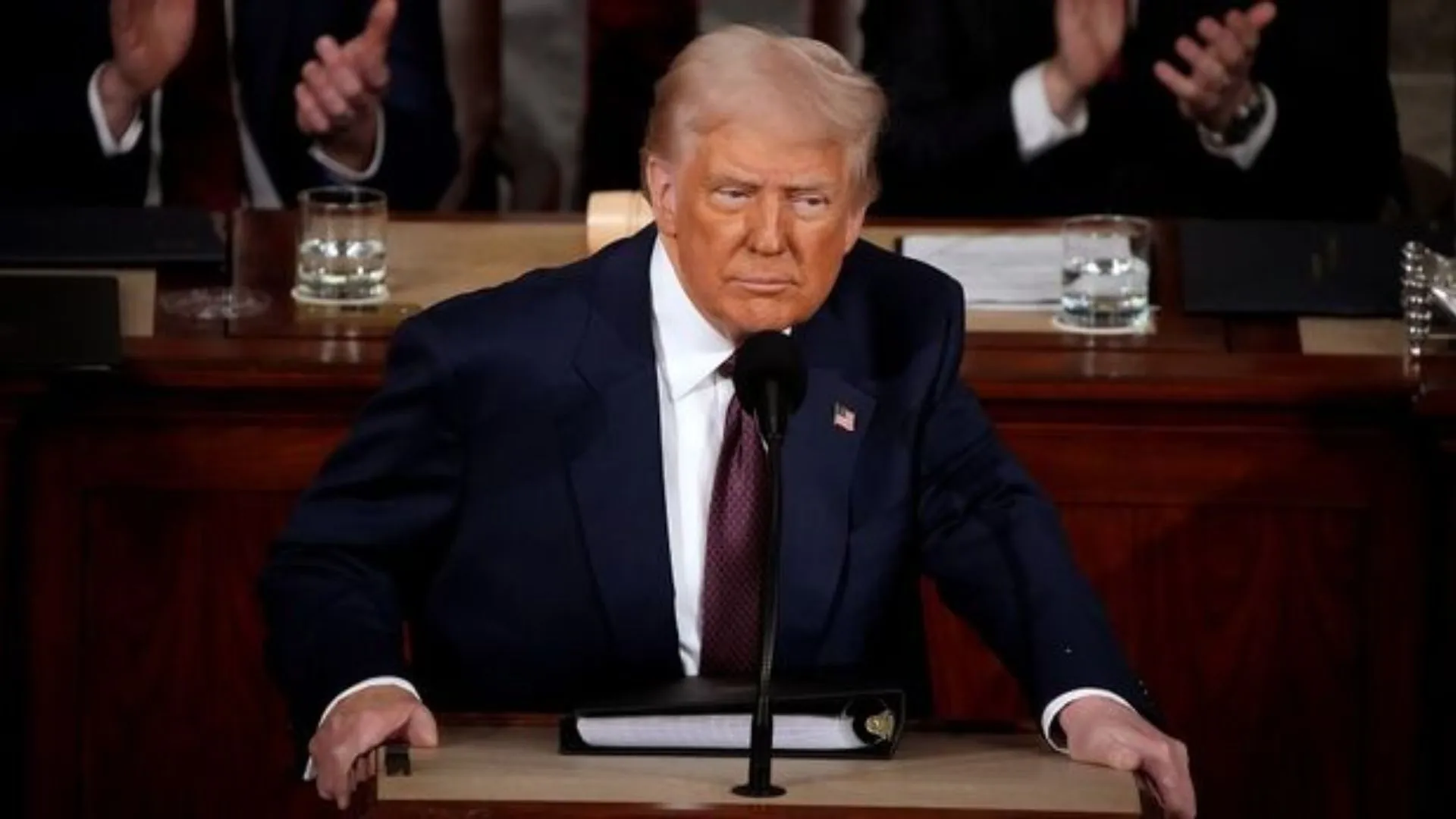U.S. President Donald Trump on Friday blamed previous administrations for the United States’ gradual loss of the semiconductor business to foreign countries, particularly Taiwan and South Korea. His remarks came during a press availability at the White House, where he also criticized the CHIPS and Science Act, a legislation aimed at boosting domestic chip manufacturing.
U.S. Dominance to Rise of Taiwan
“We gradually lost the chip business, and now it’s almost exclusively in Taiwan,” Trump said. “They stole it from us. They took it from us, and I don’t blame them. I give them credit. I blame the people that were sitting in this seat because they allowed it to happen.”
Trump underscored that the semiconductor business was once led by American entrepreneur Andrew Grove, the late former CEO of Intel Corp. He lamented that the U.S. allowed the business to shift abroad, with Taiwan now dominating the industry.
“We had the chip business, and now it’s all in Taiwan, almost exclusive … a little in South Korea, but mostly in Taiwan,” he added.
Criticism of the CHIPS and Science Act
The CHIPS and Science Act, signed by former President Joe Biden in 2022, aimed to strengthen domestic semiconductor manufacturing through federal subsidies and incentives. However, Trump labeled the act a “tremendous waste of money” and reiterated his call for its removal during a congressional address on Tuesday.
“It’s hundreds of billions of dollars, and it’s just a waste of money,” he said, claiming that the process to qualify for subsidies was overly complicated. “Because they go by race, they go by gender, they go by all sorts of things. Nobody’s ever seen anything like it.”
Despite his criticism of the CHIPS Act, Trump pointed to foreign companies’ investments in the U.S. during his administration, attributing them to tariffs rather than government incentives.
“I didn’t give them 10 cents, but they came because of tariffs,” he said. “They didn’t want to pay the tariffs. And they also came because they like the results of the election, because they know that I’m very pro-business and pro-jobs.”
Impact on South Korea and Taiwan
Trump’s comments have drawn significant attention in South Korea, as the CHIPS Act facilitated grants to two major South Korean tech firms, Samsung Electronics Co. and SK hynix, to support their chipmaking investments in the U.S.
Meanwhile, Taiwan Semiconductor Manufacturing Co. (TSMC) has committed to investing $100 billion to build advanced chip-producing facilities in the United States, in addition to its ongoing $65 billion investment in Arizona.
Trump maintained that the semiconductor business could have been easily protected under previous administrations, emphasizing that the loss of the industry was preventable.
“We could have protected that so easily,” he said.
Also Read: Trump Threatens New Tariffs On Canada Including 250% Tax On Dairy Despite Temporary Reprieve























